Published
- 02:00 am

AU10TIX, a global technology leader in identity verification and identity management, today announced it is working with Microsoft, a global technology company with a commitment to be carbon negative by 2030, on Reusable ID - a breakthrough in verifiable credentials (VC) architecture for identity management.
VCs are reusable, unalterable digital credentials that prove the identity of a person or entity and allow the safe sharing of personal documents and biometric credentials. VC architecture also gives users the self-sovereignty to share just the right information on-demand for actions such as opening an account, applying to college, paying taxes, etc.
AU10TIX’s forensic-level document and biometric verification technology and the award-winning Instinct identity monitoring tool for synthetic fraud provide strong verification, encrypted as verifiable credentials assets. Reusable ID allows enterprises to simplify and accelerate ongoing ID verification, reduce customer onboarding costs, automate workflows, and enhance the security of sensitive data. It also enables end users to store their information locally in a tamper-proof digital wallet and decide what to disclose to third parties.
"Compliance costs, privacy concerns, data liability, and rising synthetic fraud show that traditional identity management has been a struggle for individuals and organizations," said Dan Yerushalmi, CEO at AU10TIX. "Now, verifiable credentials are providing businesses and individuals with peace of mind regarding who holds and controls the keys of their personal data."
Microsoft Entra Verified ID enables the solution, which uses AU10TIX’s 25 years of experience in identity intelligence. Reusable ID enables businesses to simplify a wide variety of identity verification use cases across verticals such as finance, healthcare, education, hospitality, telecom, entertainment, and others. These applications include fraud detection, KYC reuse, money transfers, legal identities, user verification, insurance claims, and many more.
This announcement builds on the 2021 collaboration that rolled out Microsoft Azure Active Directory verifiable credentials and brought AU10TIX's identity verification automation to the Microsoft ecosystem. AU10TIX is a Microsoft Verified ID credentials issuer and verification partner, managing identities based on attributes such as documents, biometrics, and electronic data.
"Microsoft plans to include the Reusable ID technology in its third-party onboarding flow to streamline repeated validation of user identity verification at critical steps while preventing fraudulent activity and ensuring regulatory compliance,” said Deepak Marda, Senior Product Manager at Microsoft. “Decentralized ID verification is a key imperative in the digital world, and the AU10TIX solution will increase security while reducing friction in the process of online ID verification."
Related News
- 05:00 am
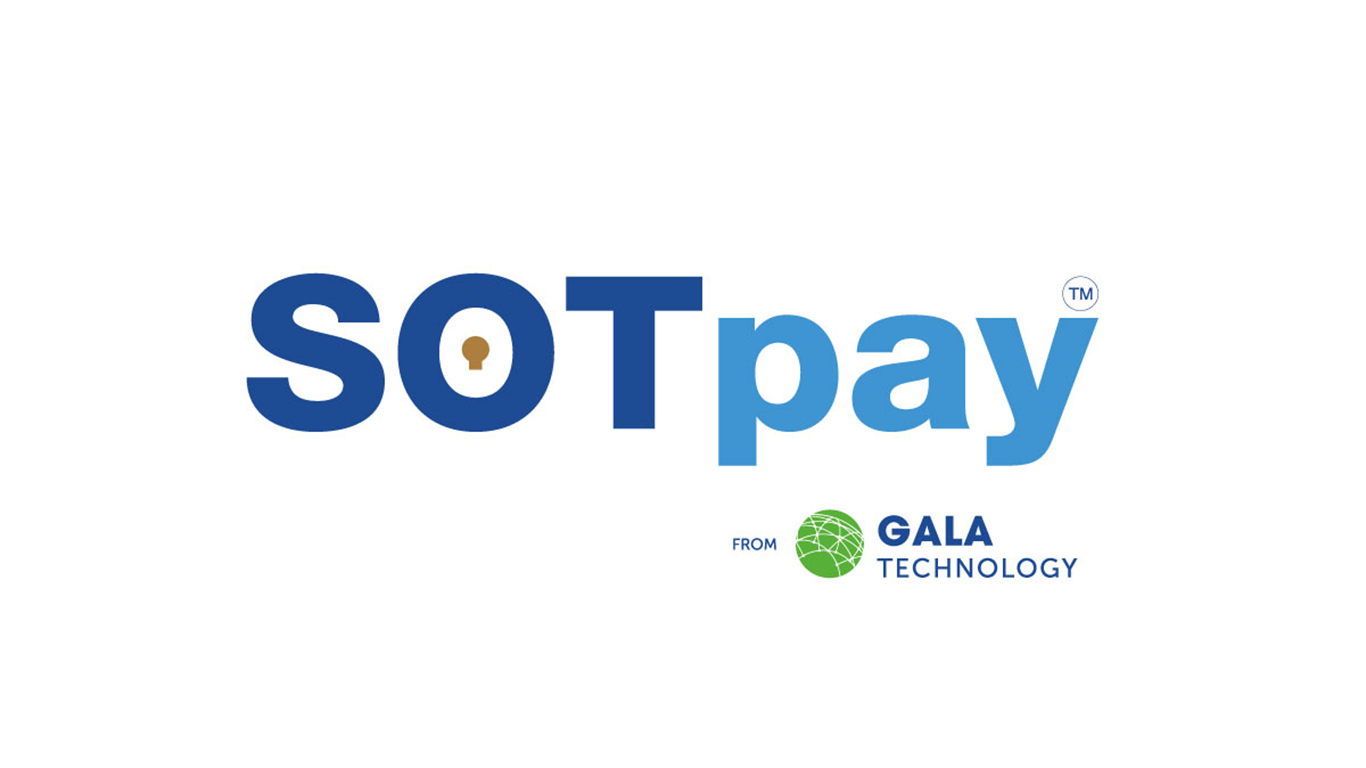
Gala Technology, the payment technology provider, has reported a significant surge in business due to the innovative additions to its payment technology, SOTpay. The now product-stacked SOTpay Pay-by-link Technology has remedied many company's pain points across various sectors, adding significant value to businesses across the UK and Europe. The Agent Attended telephone payments, recurring payments, Card-On-File, and other innovative payment tools are revolutionising payments and assisting companies in making a fully controlled digital transformation seamlessly.
SOTpay is cost-effective, with case studies showing that it saves businesses tens and hundreds of thousands annually from reduced acquiring fees, non-compliance fees, chargebacks, and labour reduction. The technology is scalable and can fit any business or operation, from sole traders to call centres with thousands of employees. The system takes away all the suffering pain points of credit card fraud and fraud-related chargebacks, PCI Compliance, and opens the door to accepting more payments in more channels such as phone, email, chat, SMS, and social media, increasing sales and revenue.
A recent report by NICE Actimize fraud insights revealed a 92% increase in attempted fraud transactions and an increase of 146% in fraud amount. This highlights the need for businesses of all sizes to adopt innovative payment technologies to protect themselves from fraud.
According to Steve Biggs, CTO of Gala Technology, SOTpay was the first agnostic Pay-by-link technology that successfully delivered the new Open Banking payment facility required for high ticket purchases.
Gala Technology's partners include Lloyd's Bank, Worldpay, Capita, Elavon, and NuaPay.
Commenting on the surge in business, CEO Jason Mace said, "We're thrilled to see businesses across the UK and Europe benefiting from our innovative payment technology. SOTpay is truly revolutionising payments, making them safer, easier, and more efficient for businesses and their customers."
Recent recruit BDM Chris Evans added, "SOTpay's technology is game-changing for businesses of all sizes. The ability to seamlessly accept payments across multiple channels, while reducing costs and protecting against fraud, is a significant advantage in today's digital landscape."
Gala Technology are the innovative development team behind the multi-award winning, secure and PCI DSS-compliant, payment solution, SOTpay. This cloud-based solution enables merchants of all shapes and sizes, process secure digital payments across numerous channels, including telephony, email, SMS, web chat and Social Media platforms.
Related News

Delia Pedersoli
COO at MultiPay Global Solutions
Next year will see the 30th anniversary of Quick Response technology, more commonly known as QR codes. see more
- 04:00 am
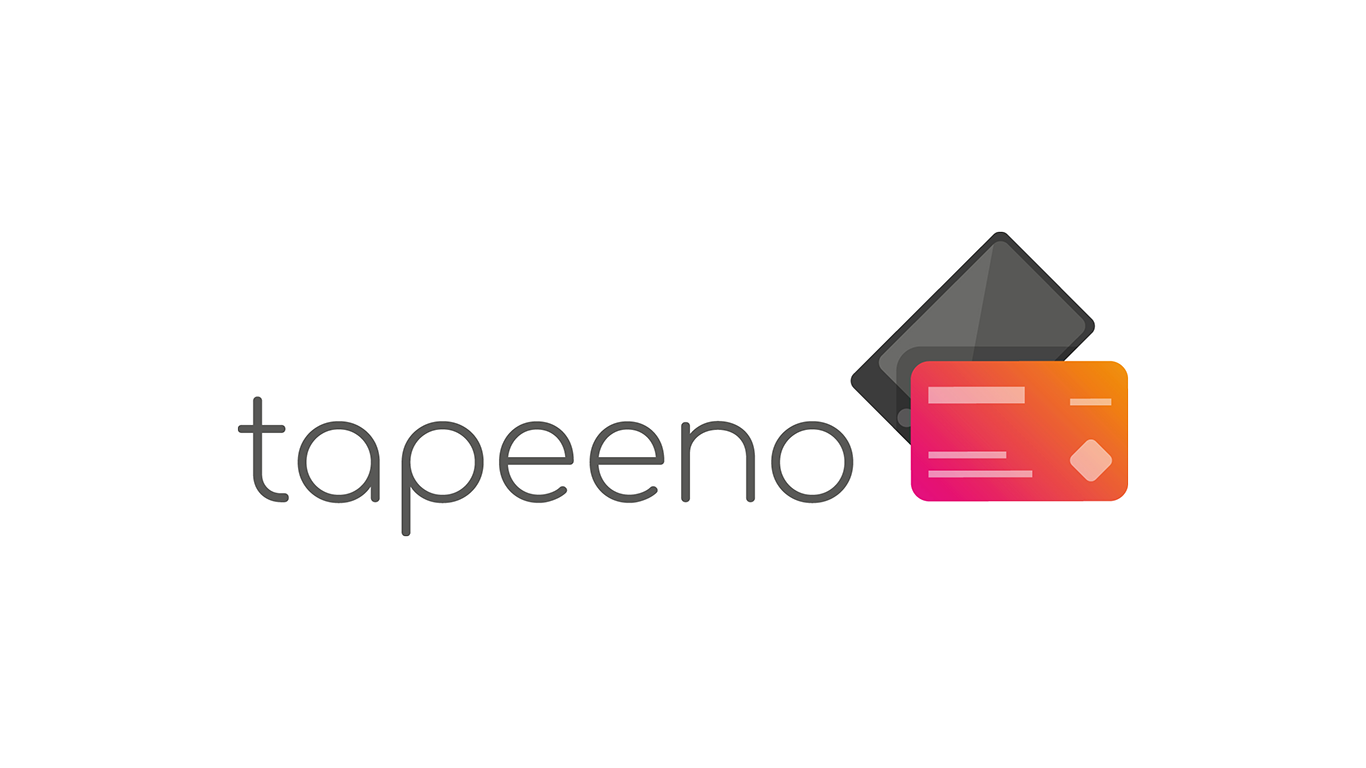
For small businesses, how you take payments can be an important aspect of your sales success. Here, the experts at tapeeno outline some of the ways to take payments and the various pros and cons for each.
Cash
In the past, cash has been king when it comes to taking payments for small businesses. While this is a simple and effective way to take payments from customers, managing change, keeping cash safe and depositing monies can make this a cumbersome and insecure way to receive payments.
Mobile payments
Mobile payment apps, like Google Pay, are extremely popular. They allow anyone to accept payments by downloading the app and linking it to your bank account details. However, you can only receive payments if the customer also has the same app loaded to their device. Payments can also take time to appear in your account, so this can be a slower option than other forms of electronic payments.
Card machines
Using a card payment machine allows you to offer customers the convenience to pay without cash and can help to increase sales for your business. However, the hardware required along with the associated fees can be expensive and difficult to transport. Funding delays can also mean your account isn’t credited for up to four days after the transaction takes place.
An app that turns your phone into a payment machine
A quicker and faster alternative to a traditional POS (Point of Sale) card machine is tapeeno. This ground-breaking app which turns your phone into a card reader is the first to offer faster processing technology. This means, not only does it operate without the requirement of any additional hardware, but funds are credited to your account within one hour, making it ideal for managing cashflow. Additionally, there are no hidden costs – just a 1.50% fee per transaction processed – making it a much more affordable alternative for small businesses and start-ups.
Related News
- 02:00 am
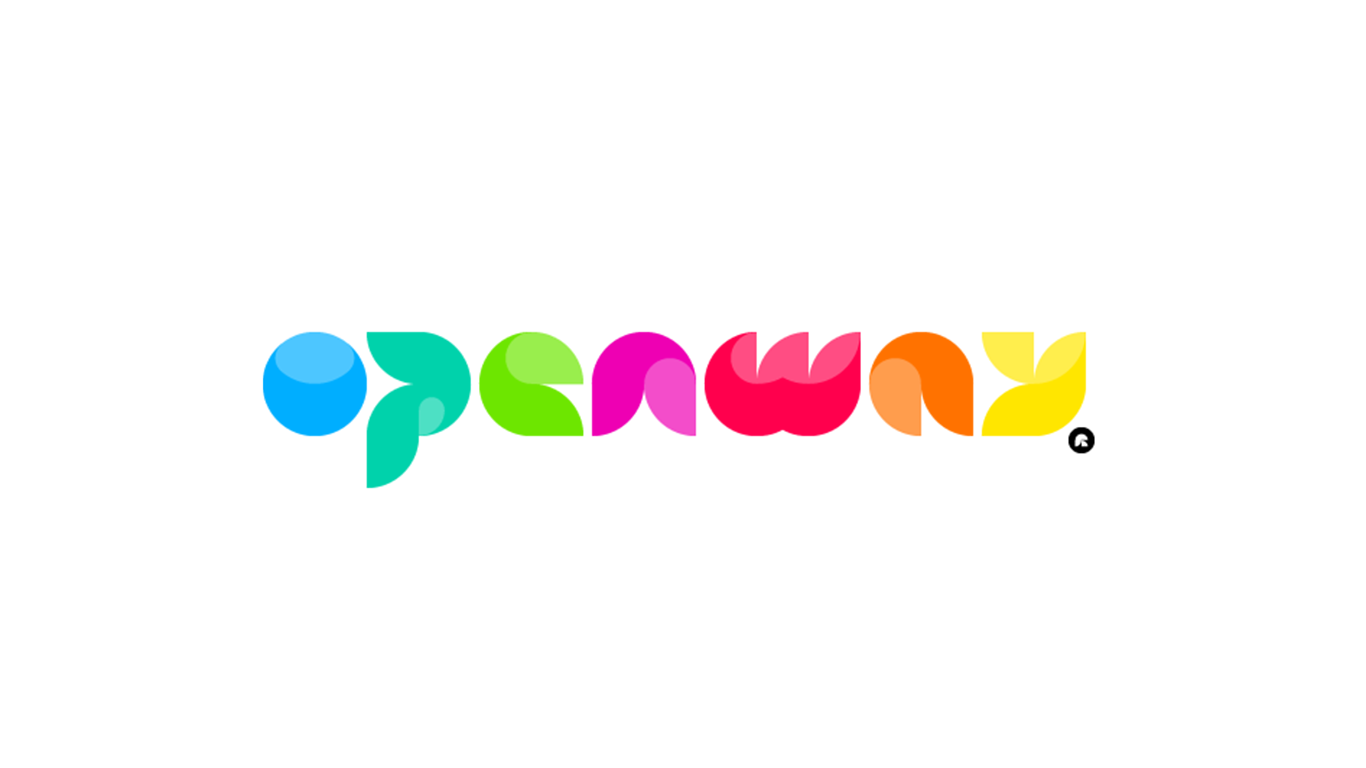
People spend $54 billion every year on purchasing virtual goods in what they know as the metaverse. What do they mean? Is there going to be just one metaverse or many? And why are financial institutions around the world exploring different ways to establish themselves in this new value chain?
The metaverse is expected to become a lucrative source of revenue and an innovation hub for financial institutions. With this new report from OpenWay, a top-ranked digital banking and payments provider, you will:
• Learn about the different kinds of metaverses
• Discover the role of payments and cryptocurrency in the meta-economy
• Find out what metaverse strategies financial institutions are adopting
• Get the big picture on first-mover advantages, risks, unknowns, and potential pitfalls
Link to the report: https://www.openwaygroup.com/payments-in-the-metaverse-study-by-openway
Related News
- 02:00 am
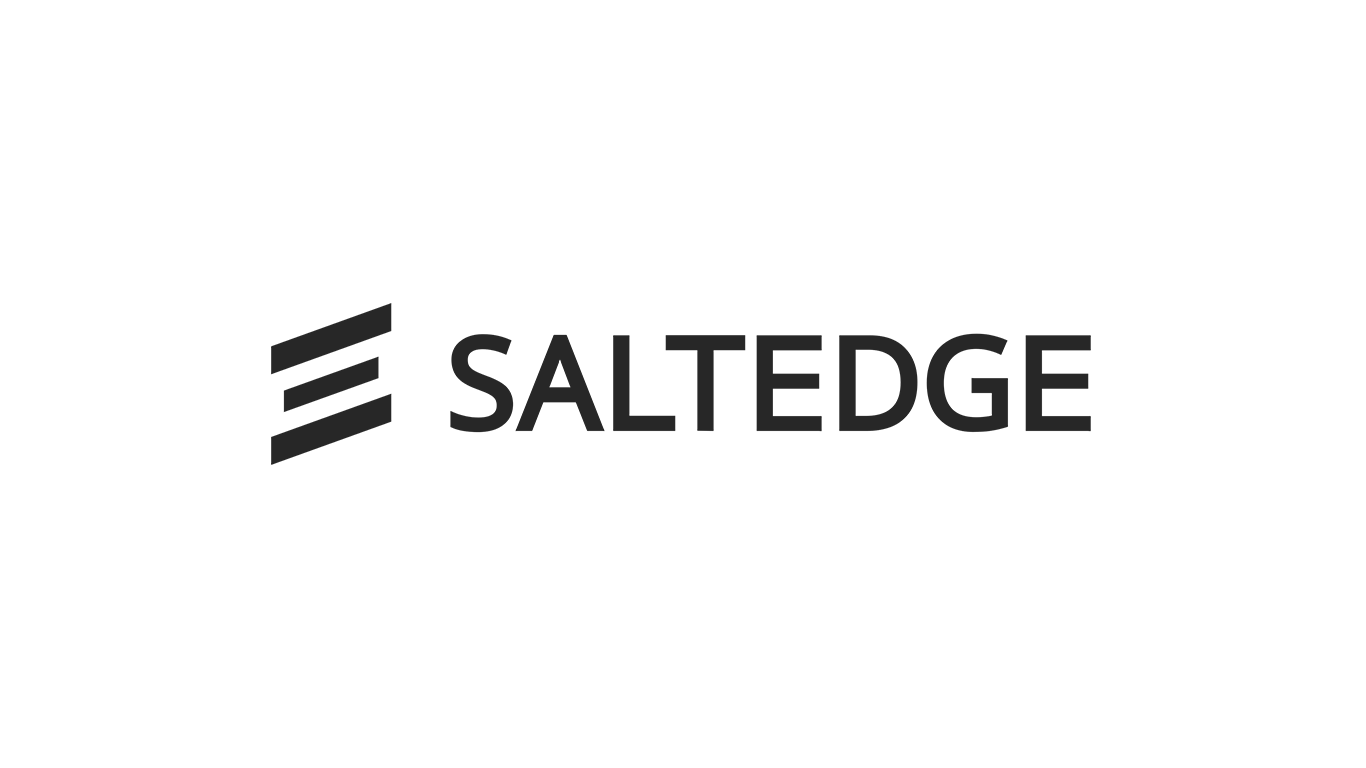
iGaming – a sector which covers any form of online wagering, despite being a relatively young industry, has snowballed over almost 20 years of existence. A study conducted by Statista reported that in 2021, the global online gambling and betting industry was valued at US$ 61.5 billion and is expected to rise to US$ 114.4 billion by 2028. This growth is primarily due to the rising popularity of mobile devices and the availability of internet access across the world. Additionally, the introduction of new payment methods has made it easier for players to access and engage with online gaming and gambling platforms.
As technologies develop, preferences shift, and new tools emerge, the iGaming industry constantly evolves. Open banking has proved to be a transformational force for a broad range of sectors and iGaming is no exception.
By using open banking, operators are given a better understanding of players’ affordability and their financial situation on the basis of bank records, income and credit reports, and other consented data. Thus, increasing trust between operators and players while also providing an easy and secure payment method.
Open banking also creates a more transparent environment, allowing operators to keep track of their customers’ financial transactions and ensure that they are compliant with local laws and regulations. An important aspect of a safe environment is affordability, or how much a player can afford to spend on gambling. This level of transparency can reduce fraudulent activities, as well as provide operators with valuable insights into customer preferences, which can be used to provide better services and enhanced customer experience.
In this article, we will delve deep into the iGaming sector’s struggles as well as how the technology can help the sector overcome them, and the ways operators can leverage it to transform their online offering, improve customer experience, increase security, and bring up new revenue streams. Moreover, we will examine some of the UK and EU requirements the operators must comply with and how using open banking can assist them in meeting those obligations.
Open banking for responsible iGaming. How to comply with strict regulations?
Safe online gaming benefits both players and operators, but it’s also their responsibility to keep this space safe. In aiming to establish this trustworthy environment, there are strict laws governing the handling of customer data and financial transactions within the industry. Regulatory bodies and rules differ from country to country. In the UK, such a regulator is the Gambling Commission, which grants licenses, supervises, advises, and guides gambling businesses and individuals.
In 2022, the Commission updated remote customer interaction requirements and guidance, by introducing the Social Responsibility Code Provision 3.4.3, part of the Licence Conditions and Codes of Practice (LCCP). The amended rules, which came into force in September last year, are more robust and more prescriptive, requiring operators to:
Monitor a specific range of indicators, as a minimum, to identify gambling harm
Flag indicators of harm and take action promptly
Implement automated processes for strong indicators of harm
Prevent marketing and the take-up of new bonuses for at-risk customers
Evaluate their interactions and ensure they interact with consumers at least at the level of problem gambling for the relevant activity
Report customer interaction evaluation to the Gambling Commission during routine casework
Comply with these requirements at all times. This includes ensuring the compliance of third-party providers.
The authority also specifies that it’s the licensee’s duty to implement processes and systems which incorporate that understanding of risk so they are prepared to take action immediately when identified to minimise harm.
There are several factors that make an individual prone to experiencing gambling-related harm which operators should monitor and address. Such factors are described in the Guidance to the new rules, as part of “Know Your Customer” (KYC) and developing customer interaction policies and procedures. Among them is the “situational factor” that should be considered by operators when checking the gambler:
“If the individual is experiencing financial difficulties, is homeless, is suffering from domestic or financial abuse, has caring responsibilities, experiences a life change or sudden change in circumstances.”
There is no doubt that regulators’ focus revolves around grasping a player’s affordability and intervening to protect it. A one-size-fits-all approach fails to recognise that players have different levels of disposable income and different individual risks associated with their gambling habits. As a result, some players may be more vulnerable to financial harm than others. Plus, oftentimes the disposable income is not that easy to determine.
Another challenge the operators may encounter with the updated gambling rules is the obligation to conduct customer due diligence – verifying the customer’s identity and sources of funds to detect unauthorised activities like identity theft, impersonation, or money laundering. Throughout the licensees’ interaction with their customers, a range of methods can be used to reveal potential risks related to a person, including video checks, document verification, digital footprint evaluation, sanctions lists, public data, or private data.
All of these procedures can be time-consuming and sometimes inefficient. To combat this, streamlining and automation are key strategies to help reduce time and energy spent.
Stephen Winyard, CSO at Salt Edge explains where bank data aggregation powered by open banking can deliver:
Open banking solutions, such as Account Information Services facilitate secure and instant access to a player’s bank account data, solely under the user’s consent, and enable operators to better assess a customer’s financial situation and their ability to sustain gambling operations. The enriched data, which provides meaningful insights into the customer’s financial behaviour, allows for greater detection of suspicious activities, such as when a person regularly transfers large amounts to multiple gambling accounts, or the funds’ origin is unclear. With transaction categorisation, all incomes and their sources (main and secondary sources and their regularity, bonuses, freelance, transfers between own accounts, etc.) can be identified instantly. Moreover, the account information service ensures a high level of accuracy in the identity verification process, since it comes from a trustworthy source – the bank.
He stresses that:
Technologies that eliminate all the burdensome procedures of operators from the equation and enable access to categorised, enriched bank data from all accounts in a unified, easy-to-read format should be welcomed.
What about other countries?
European countries are a big market for iGaming as well. Complying with European regulations can be a challenge. Aside from being one of the strictest in the world, the region is also home to over a dozen different regulatory bodies. Even though EU laws encompass many states, many of them have their own regulations that differ from others.
The one thing in common is that operating companies must ensure that they have robust systems in place, including identity verification, money laundering procedures, and detailed databases.
What to expect in terms of regulations in the future?
The British government is planning on updating the UK Gambling White Paper – a publication outlining current regulations, changes, and policies for those who provide gambling services in the UK, as well as many other areas, including ensuring consumer protection, reducing problem gambling, making it easier to enforce payment regulations, and preventing money laundering. Its ultimate goal is to foster greater fairness and transparency across British gambling. The publication was launched in April 2020 and last updated in September 2020, and with its upcoming update, the government is striving to make gambling regulations more secure and robust.
Both operators and players are likely to be impacted by the White Paper, which will bring significant changes to the field. One of the main expectations from the updated regulations is implementing “Affordability checks” – operators having to request bank statements or payslips from anyone losing between £100 and £500 per month.
"Evaluating a customer’s financial situation relying solely on payslips and bank statements provided by the player adds more friction to the experience and doesn’t adequately determine affordability when there are instances of significant losses. There are other ways to determine someone’s affordability, with more accuracy and precision using open banking. Here is where Salt Edge, a pioneer in open banking, with 10 years of experience and access to 5,000+ banks through a single API comes into play," says, Stephen.
"Checking affordability doesn’t have to involve complex procedures. With open banking-powered services, like secure account information access, operators can quickly and easily make decisions about players’ affordability without the need for large teams and slow manual processes. Hundreds of sophisticated recognition and machine learning algorithms run over 12 months of transaction history, identifying red flags instantly and helping prevent potential fraud or money laundering. This also allows for continual assessment, ensuring that spending limits are up-to-date with a customer’s financial situation changing," he adds.
Seamless payments with open banking
Global consumer behaviour is currently undergoing profound changes. People expect seamless, secure, and digital transactions across all aspects of their lives. To meet these expectations, businesses must adjust their strategies to keep up with changing consumer behaviour. The only organizations that will last in the long run are those that adapt to the latest technology. The same is true in the world of iGaming.
"Besides using open banking data to comply with strict gambling rules, operators can also enhance their payment processing and revamp their online offerings. Through open banking payments, operators are able to accept payments directly from their players’ bank accounts and enable secure payments for their customers to any other account in seconds. Open banking is a one-stop shop that cuts costs and streamlines workflows for operators, as well as removing friction for gambling users," says, Stephen.
Here are some ways iGaming operators can make use of open banking technology.
Easy, safe and cost-effective account funding and withdrawals
Due to payment initiation when players fund their gambling accounts, they’re no longer transferred to another interface, instead, they can continue the transaction without leaving the operator’s platform. Gambling users can execute easy, seamless account-to-account payments and expect instant deposits. The same is true for payouts. Whenever a player withdraws winnings, operators can instantly transfer funds to any account the same way they funded it. Aside from instant and secure payments, open banking is cost-effective for operators, since external processors are not required. Due to the faster payment rails in the UK in particular, open banking payments are now seen as a “must have” addition for any company offering multiple payment methods.
Identify and mitigate fraud risk
Moving money involves a lot of security concerns. Reducing fraud and security breaches is the mission of Strong Customer Authentication (SCA) – an EU requirement for online and contactless offline payments. When making account-to-account transfers through open banking, the user passes the SCA. Transactions are then protected by an additional security layer, which ensures the player’s safety and the operator’s compliance with customer risk assessment guidelines.
"Payment methods in iGaming are one of the main risk factors mentioned in the recent EU Guidelines on fighting money laundering and terrorist financing. Due to the fact that certain payment methods allow customers to conceal their identity and source of funding, such as pre-paid vouchers for player deposits, some payment methods are more vulnerable to criminal exploitation. Since the purchasers of the vouchers might not be legitimate, it is difficult to conduct the same level of checks as with bank accounts. The power of open banking is evident here. By leveraging open banking payment initiation service, where users must go through strong customer identification, operators identify fraudsters and ensure compliance with regulations," states Stephen.
Improved customer satisfaction, streamlined payment processing, superior security, and cost-effectiveness are just some of the hallmarks of open banking over other checkout methods. Open banking is quickly becoming the preferred payment method for businesses of all sizes. Consumers are also drawn to it, as it offers greater control over their finances, allowing them to manage their accounts more securely and conveniently. This has led to a surge in the adoption of open banking in recent years. The iGaming industry can and should make use of real-time data to get a more comprehensive view of affordability, enhance user experience and stay compliant. The use of such a rich set of banking data enabled by open banking will more accurately reflect the customer’s financial circumstances and their ability to gamble and help gambling operators meet safeguarding requirements more effectively.
Related News
- 01:00 am
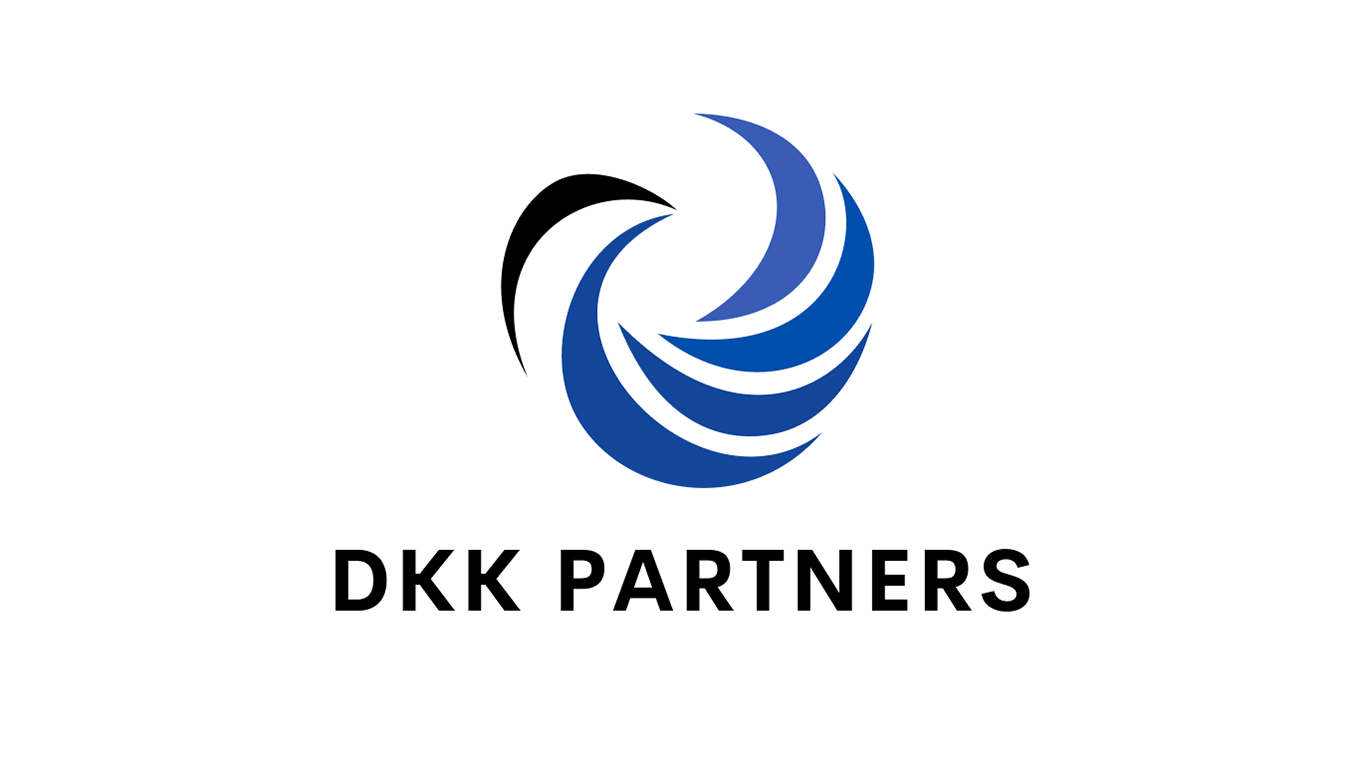
Kemi Badenoch, Business and Trade Secretary, has broken down £2.2 billion worth of trade barriers for UK businesses during her first 200 days in the position, over £11 million each day.
Badenoch recently outlined removing international trade barriers as one of her top five priorities, committing to knocking down 100 blockers holding back UK businesses.
So far, Badenoch has successfully facilitated access to financial products in Mauritius and supported the development of the local financial market, relaxed the foreign ownership cap in the Philippines, and allowed certification companies to access the Brazilian market, among many others.
Khalid Talukder, Co-Founder of DKK Partners, commented: “International trade is a hugely important driver in the UK economy given the current economic climate and it is fantastic to see the commitment from the Business and Trade Secretary to shattering these barriers to promote international collaboration. Trading internationally is a significant revenue stream for the UK PLC and unlocking this avenue for a larger proportion of businesses can support growth plans laid out in the Spring Budget.”
“All too often, UK businesses, particularly start-ups and SMEs who form the backbone of the business economy, have been met by red tape when it comes to trade, hindering relationships, opportunities and ultimately growth. Opening up frontier markets by lifting restrictions can support all sectors to further collaborate with international partners in the buying and selling of goods and services.”
“International payments have long been one of the primary obstacles for businesses, lacking access to agile FX solutions which enable fast, seamless trading in overseas markets. Empowering businesses with access to new frontiers requires support from FX liquidity partners to facilitate this trade and turbocharge business growth” Talukder added.
Badenoch has also taken a targeted approach to remove barriers to British exports and investment with the goal of injecting further billions into the UK economy through closer trading relationships with fast-growing economies.
Business and Trade Secretary Kemi Badenoch said: “I have made it a priority to knock down the barriers holding back British businesses and that prevent them from selling more of their goods and services around the world, creating new jobs, and paying higher wages.”
“As an independent trading nation Britain can now get to grips with these blockages. So I’m very proud that since becoming Trade Secretary we’ve been able to unlock billions for the UK economy, and I look forward to smashing even more barriers to ensure our businesses thrive.”
Related News
- 02:00 am
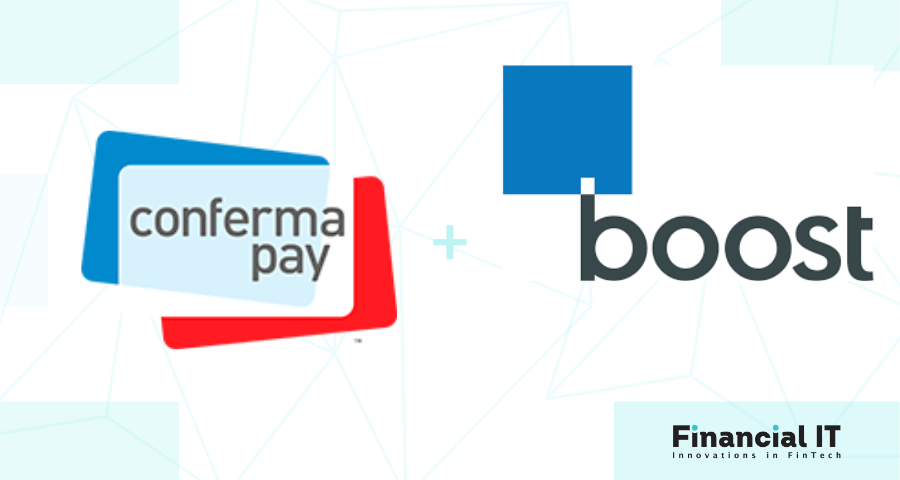
Conferma Pay and Boost Payment Solutions have committed to developing a “best-in-class” virtual payment solution in an extension of their partnership. The partnership seeks to revolutionise B2B payments by replacing legacy systems with a secure, digitised and automated ecosystem capable of handling unique and high-volume virtual payments.
The collaboration offers a seamless B2B virtual payment platform, combining Conferma Pay’s unrivalled virtual payment technology with the multi-patented straight-through processing (STP) solution, Boost Intercept®. The renewed relationship between the two parties will allow businesses to manage all of their payments onto virtual card-based solutions, where they are easily able to manage all of their outgoing payments in a secure digital environment with risk-free data sharing.
Jason Lalor, Chief Executive Officer of Conferma Pay, comments, “Extending our partnership with Boost to develop the best-in class virtual payment solution is really exciting for our customers and the wider B2B industry. Our combined offering provides businesses with visibility, security, and flexibility over their payment process. While we have already seen great success across the travel sector, the partnership extension broadens this solution across the wider world of B2B payments, providing a simpler, hassle-free solution that allows suppliers to be paid quickly.”
Dean M. Leavitt, Chief Executive Officer and Founder of Boost Payment Solutions, comments, “From our extensive experience with both buyers and suppliers, there is a clear demand for an innovative, digital solution that offers a painless end-to-end payments process. We’re thrilled to be revitalising our partnership with Conferma Pay to revolutionise B2B payments and drive this solution that can handle unique, complex and high quantity payments with ease in a secure environment.”
Conferma Pay provides a streamlined user interface for banks, working with 75 issuers around the world. The technology is fully integrated with all major card schemes and can generate virtual cards in nearly 100 currencies. Conferma Pay’s web solution routes these virtual card payments to Boost, which then processes a card on behalf of the supplier. Boost is a recognised leader in B2B payment processing, with a large network of card-accepting suppliers around the world and a global footprint of 47 countries.
The renewal of the partnership comes at a time where the payments environment is shifting. Conferma Pay has seen increased adoption of virtual cards, particularly in the travel sector to handle complex payments more easily, as well as more broadly across B2B enterprises in recent years. The shifting landscape presents an opportunity for the partnership to capitalise on by providing a next-generation payments solution for businesses looking to simplify how they manage their payments and take advantage of valuable working capital benefits.
The two companies initially partnered in 2021, and over the following year Conferma Pay was acquired by Sabre in August 2022.
Related News
- 05:00 am
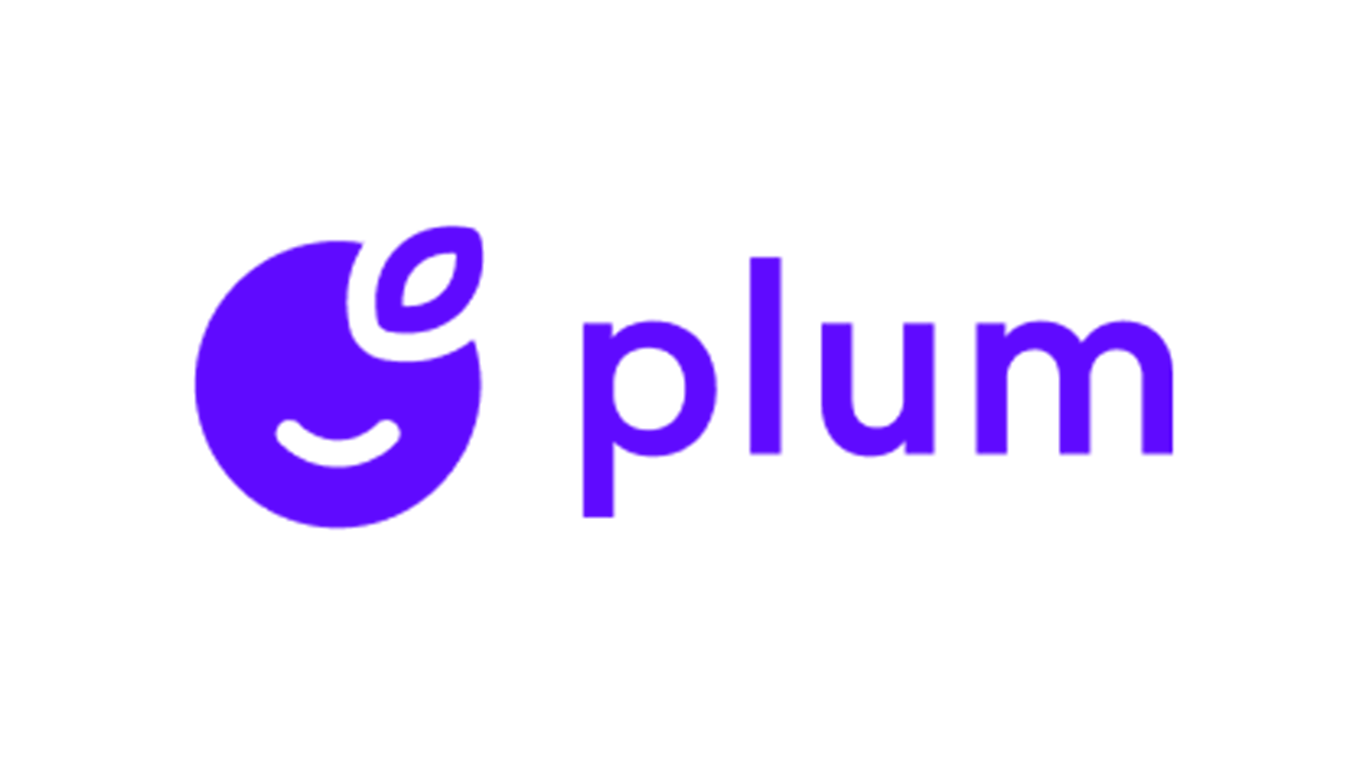
With inflation continuing to rise in the UK, 1 in 3 (33%) young people are considering stocks and shares ISA to grow their money over the long-term, according to new research by smart money app Plum.
Putting money into the stock markets was listed as the third most popular reason to save money by Gen Z respondents after saving for a holiday and building an emergency fund, showing a growing investment appetite among under 25s in particular.
The research, conducted by OnePoll of 1,750 millennial and Gen Z adults, also found that riskier investments are gaining momentum with young people. Investing in shares is considered an option by one in four, while cryptocurrency and valuable metals are being explored by around one in five. 17% are even thinking about odds-on sporting events to try to get a better return.
This exploration of adventurous options reflects a growing discontent with high-street banks. Many have faced criticism for failing to pass on higher interest rates to customers, despite the Bank of England base rate increasing from 0.75% to 4.25% in just one year.
More than three-quarters (78%) said they are fed up with high street banks not passing on higher rates, and two-thirds (66%) would switch to a digital-only bank if they were offered a better interest rate.
Victor Trokoudes, founder and CEO of smart money app Plum, comments: “Conventional saving routes are not holding much appeal for today’s young people, which is no surprise when the real rate of interest is at best -7% for an easy-access account.
“Despite the Bank of England increasing the base rate substantially, high street banks have been painfully slow to bring much more interest to their customers. They will lose out in the long run as younger customers are tech-savvy and have no qualms about switching to a provider that will offer a better return.
“While tax benefits and the relative straightforwardness of ISAs make these the most popular investment choice, it’s interesting to see many people exploring other, less established investment options too. Bitcoin, for example, has seen a renewed interest of late, increasing by 20% in value in the last month.”
The research revealed that young people are increasingly using technology as a tool to explore new methods of growing their money. Two-thirds (67%) think that new technologies make saving and investing easier to understand. And a similar percentage (65%) believe the amount of financial information available online – in blogs, podcasts and elsewhere – helps them better understand savings and investments.
Where they get their inspiration is increasingly online too as wealthy online financial entrepreneurs are found to be inspirational by a majority of young people, although they have more sway over men than women. While more than two-thirds (68%) of men find them inspiring to some degree, the number drops to just one in three (33%) for women.
Despite difficult financial circumstances, the research showed resilience and optimism about the future. Just under two-thirds (65%) believe they are better placed to make their money work hard for them compared to older generations. And nearly half (46%) believe they have the potential to become an ISA millionaire one day.
Victor Trokoudes adds: “Amongst all the doom and gloom in the news it can be easy to forget how much you have to gain when you have most of your life ahead of you. And young people are very well positioned to use convenient financial information available online from regulated organisations to inform their money management choices.
“Taking time to research not only the best savings options available, but the wisest ways of investing, can pay huge dividends. Maybe the dream of being an ISA millionaire isn’t so far off for today’s young people after all.”
Related News
- 02:00 am

South Africa-based payments infrastructure company Stitch today announced expansion to become an end-to-end Payments Service Provider (or PSP, defined as a third party that enables businesses to accept, manage and send digital payments through a variety of methods). This comes off the back of new solutions including pay-ins via Card and Debit Order, and payments orchestration and reconciliation system, PayOS.
The Stitch payments suite is designed specifically for businesses with complex payments needs, offering flexibility and customisation.
Stitch launched its first pay-in method, Instant EFT, in late 2021. They moved from a single-method provider toward a multi-method offering with the launch of Direct Deposit in November 2022, and CashPay in February 2023, in addition to Payouts. With the latest launches, Stitch has become a full-service PSP. The evolution was in large part a response to requests received from existing clients to help solve more of their payments needs.
Through a single API integration, today Stitch clients can:
accept payments via Instant EFT, Debit + Credit Card, Direct Deposit, Debit Order and Cash;
track, manage and reconcile payments received across multiple methods, providers and geographies via PayOS;
and easily disburse funds via Payouts
“We’re really excited to fully serve our clients end-to-end, and meet more of their payments needs,” said Stitch President Junaid Dadan. “We operate as a client-first business and have found that clients see us as a thought partner in the way they run their payments environments. Over time they’ve started asking us to support them with more solutions. This progression is in response to that demand, and an effort to fill gaps we see in the market across the payments stack.”
Speaking to PayOS in particular, he added, “PayOS is the first solution of its kind in the market. It was created to give clients even more freedom in terms of how they manage their payments. PayOS enables clients to integrate directly into multiple PSPs and manage payments across methods and providers, with the flexibility to maintain existing commercial agreements. These direct integrations allow us to aggregate and standardise data from across providers into a single source of truth that can improve the efficiency of finance and payments teams. Importantly, PayOS also works across geographies.”
Stitch stands out due to its bespoke and hands-on approach to client support, as well as direct integrations with multiple banks, acquirers and networks, which improves reliability and uptime, and enables the team to resolve issues faster.
“I had a great sense of comfort when working with the Stitch team, knowing they fully support our vision and our obsession with checkout experiences across our different channels,” said Sipho Tshabalala, Product Manager Online Platforms, MTN.
More on Stitch Card:
Stitch offers a scalable, reliable Debit + Credit Card solution with:
The ability for clients to own their own network tokens
Stitch is the first payments provider in South Africa to allow clients to own their customer network tokens, meaning they can choose to move processors seamlessly, without getting locked in
Reduced risk of failed payments
Stitch can automatically update expired or lost cards for customers
A digitised chargeback system
Clients can view, respond to and manage chargebacks digitally via their dashboard, replacing previously manual and expensive processes
More on Stitch Debit Order:
Stitch enables clients to accept Debit Orders or Debicheck payments with:
A better user experience
Thanks to pre-built, optimised flows hosted by StitchOptimised collections + smart routing
Clients can view user account balances to know the best dates to collect. Debit Order can also be combined with tokenised card or bank accounts for a seamless collection process by collecting from a particular user via the method that works for themReduced fraud with built-in account holder verification
More on PayOS:
PayOS is a SaaS solution designed to help clients better manage complex payments, with:
No need to ditch existing provider relationships
Stitch will allow clients to maintain their existing contracts, accommodating for complex, multi-provider environments
Direct integrations with banks and providers
Stitch gathers data from these sources first-party and provides it to clients for reconciliation and reporting in a standardised format
Functionality across geographies
More on Payouts
Stitch Payouts allows clients to enable refunds and withdrawals, and disburse funds over API:
Initiate payments in real-time over API
on a per-transaction basis or in bulk. Clients can also track payments with status checks via webhook or queryStitch-managed float
Clients can transfer funds to Stitch as float, and they will monitor and track the balance against payout requestsReduced fraud and guarantee payments
Stitch guarantees payouts are settled into customers’ verified accounts, mitigating failed payments and fraud
For existing Stitch clients, additional development work required to enable these new solutions is minimal. For new Stitch customers, all payment methods can easily be combined via a single integration, and managed via PayOS. Anyone interested can get in touch via stitch.money.









